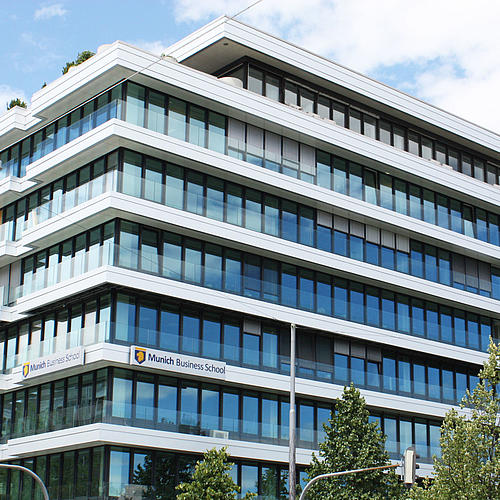To become an event manager, you need a combination of solid training, practical experience and a passion for planning and organizing events. There are various ways to enter this profession, although a bachelor's or master's degree in business administration, event management or a related field provides a solid foundation. These courses not only provide the necessary knowledge in the areas of project management, marketing and finance, but also the specific skills that are essential for the successful planning and execution of events. Alternatively, specialized courses and certificates offer practical insights and prepare you specifically for the challenges of the event industry.
But theory alone is not enough in event management. Practical experience is the key to success. Many event managers start their careers with internships or trainee programs in event agencies, hotels or event venues. These positions enable you to experience the dynamics of events up close, make valuable contacts and develop the ability to stay on top of things even in stressful situations. You'll learn how to deal with unexpected challenges, plan budgets and find creative solutions when plans need to be changed.
In addition to professional knowledge and experience, certain personal skills are also essential. Creativity is at the heart of event management – the ability to develop innovative and impressive event concepts that inspire guests and meet the client's objectives. But this creativity must be accompanied by exceptional organizational talent. Every aspect of an event must be perfectly coordinated, and schedules must be strictly adhered to.
The event industry is dynamic and constantly evolving. To be successful in this profession in the long term, it is essential to continuously educate yourself. Whether it's attending trade shows, participating in workshops, or learning new technologies, a good event manager always stays up to date and adapts to the latest trends and developments. With the right mix of training, experience, and the necessary personal skills, you'll be well equipped to succeed in one of the most exciting and diverse industries.











